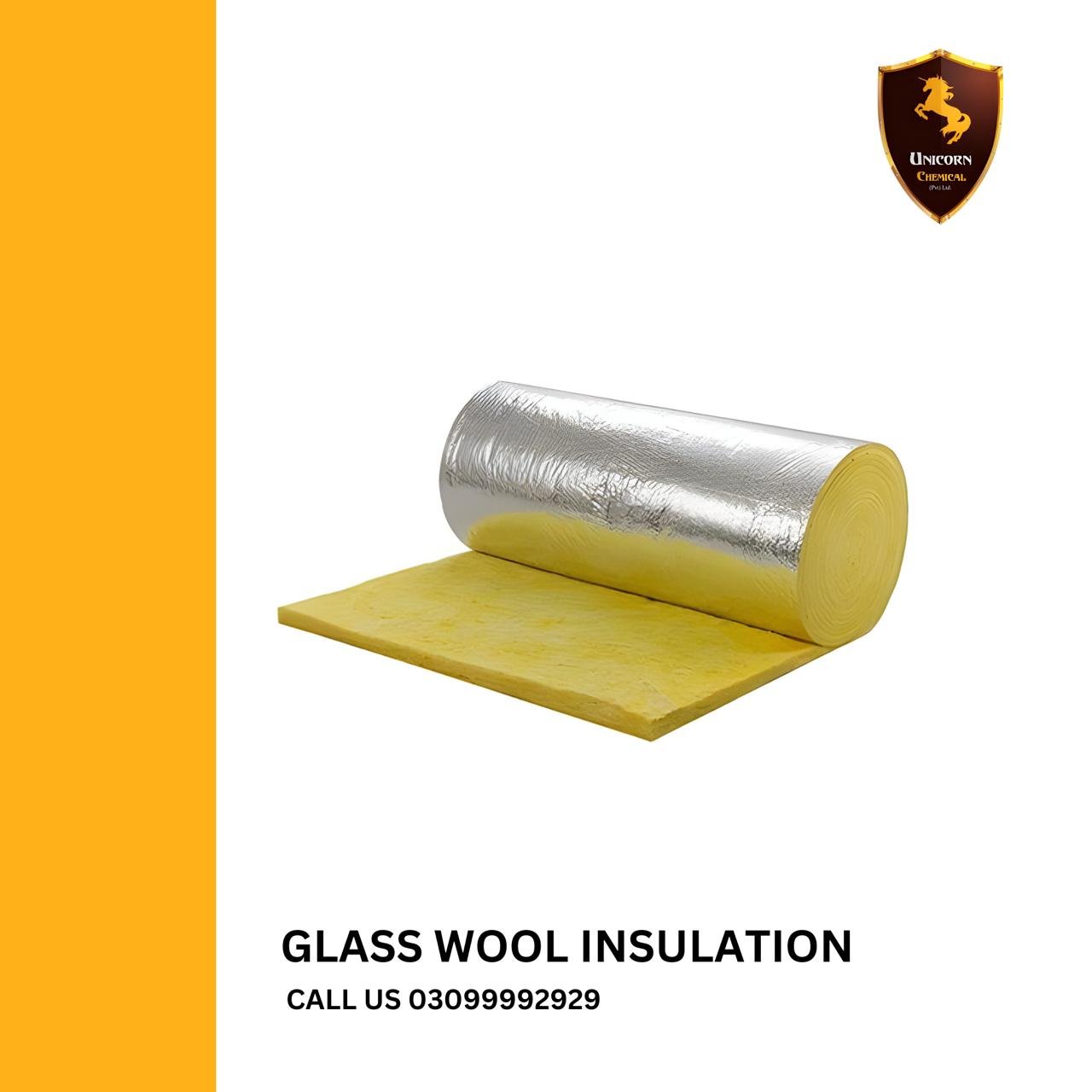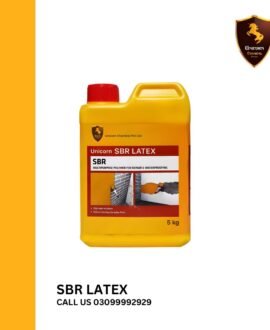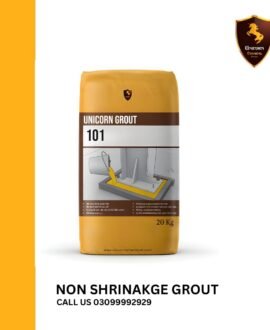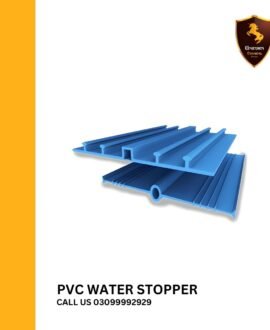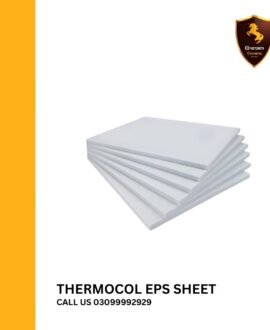Glass Wool Sheets: A Comprehensive Guide to Thermal and Acoustic Insulation
Introduction
In the realm of construction and building materials, insulation plays a pivotal role in enhancing energy efficiency, ensuring comfort, and reducing environmental impact. Among the various insulation materials available, glass wool sheets have emerged as a popular choice due to their exceptional thermal and acoustic properties. This article delves into the features, benefits, applications, and considerations associated with glass wool sheets, providing a comprehensive understanding of their significance in modern construction.
What is Glass Wool?
Glass wool, also known as fiberglass insulation, is an insulating material made from fibers of glass arranged using a binder into a texture similar to wool. The process traps numerous small pockets of air between the glass, resulting in high thermal insulation properties. Glass wool is produced in rolls or slabs, with varying thermal and mechanical properties to suit different applications. Wikipedia+1Saint-Gobain India+1
Key Features of Glass Wool Sheets
1. Thermal Insulation
Glass wool sheets are renowned for their excellent thermal insulation capabilities. The trapped air pockets within the fibrous structure reduce heat transfer, maintaining indoor temperatures and reducing the need for excessive heating or cooling. This property contributes to energy efficiency and cost savings in buildings.
2. Acoustic Insulation
Beyond thermal benefits, glass wool sheets offer superior acoustic insulation. The fibrous composition absorbs sound vibrations, minimizing noise transmission between rooms and from external sources. This makes them ideal for use in residential, commercial, and industrial settings where noise control is essential.
3. Fire Resistance
Glass wool is inherently non-combustible, providing excellent fire resistance. It can withstand temperatures up to 300°C, making it a safe choice for insulation in various building types. Refractory Products
4. Lightweight and Flexible
The lightweight nature of glass wool sheets simplifies handling and installation. Their flexibility allows them to conform to different shapes and surfaces, ensuring comprehensive coverage and effective insulation.
5. Moisture Resistance
Glass wool exhibits resistance to moisture, reducing the risk of mold and mildew growth. This property enhances the durability and longevity of the insulation material.
Applications of Glass Wool Sheets
1. Residential Buildings
In homes, glass wool sheets are commonly used in walls, roofs, and ceilings to maintain comfortable indoor temperatures and reduce energy consumption. Their acoustic properties also contribute to a quieter living environment.
2. Commercial and Industrial Structures
Offices, factories, and warehouses benefit from the thermal and acoustic insulation provided by glass wool sheets. They help in maintaining optimal working conditions and complying with building regulations.
3. HVAC Systems
Glass wool is widely used in heating, ventilation, and air conditioning (HVAC) systems to insulate ducts and prevent energy losses. Its sound-absorbing qualities also reduce noise generated by air movement.
4. Acoustic Panels and Soundproofing
Due to their excellent sound absorption, glass wool sheets are utilized in the construction of acoustic panels, recording studios, and theaters to enhance sound quality and reduce noise pollution.
Considerations and Safety Measures
While glass wool sheets offer numerous benefits, certain precautions should be taken during handling and installation:
-
Protective Gear: Wear gloves, masks, and protective clothing to prevent skin irritation and inhalation of fibers.
-
Proper Ventilation: Ensure adequate ventilation in the workspace to disperse any airborne fibers.
-
Sealing and Encapsulation: After installation, seal the insulation to prevent fiber dispersion and maintain indoor air quality.
It’s important to note that modern glass wool products are manufactured to minimize health risks, and when installed correctly, they pose minimal hazards.
Conclusion
Glass wool sheets stand out as a versatile and efficient insulation material, offering significant thermal and acoustic benefits. Their application across various sectors underscores their importance in enhancing energy efficiency, comfort, and safety in buildings. By understanding their features and adhering to proper installation practices, builders and homeowners can leverage the advantages of glass wool sheets to create sustainable and comfortable living and working environments.

